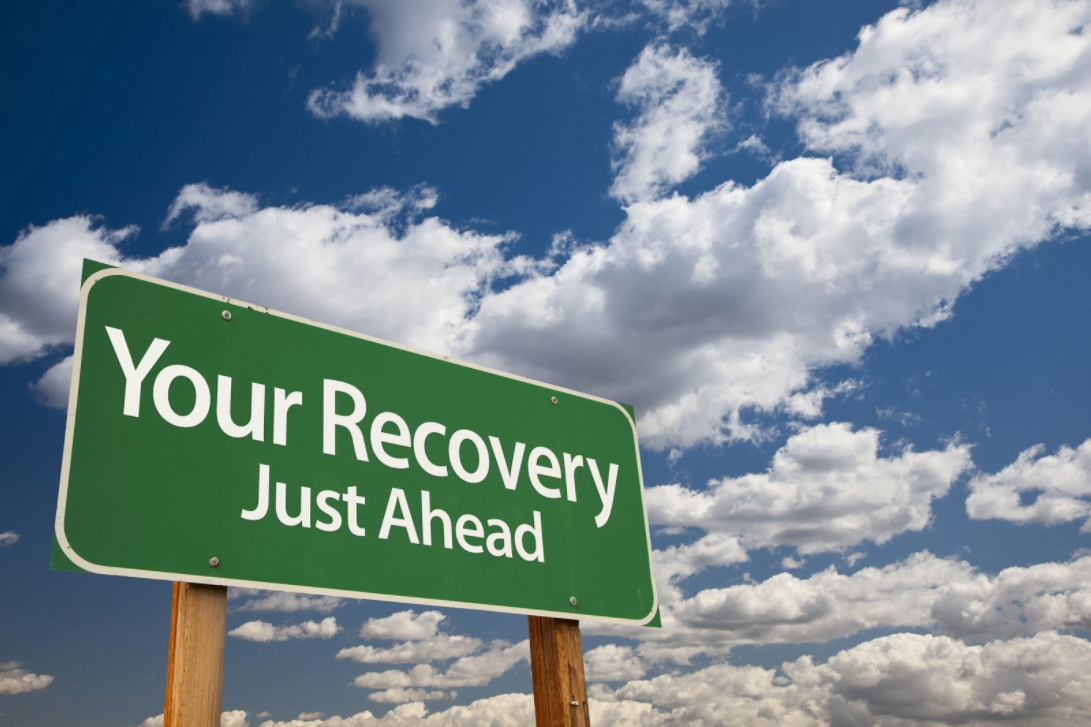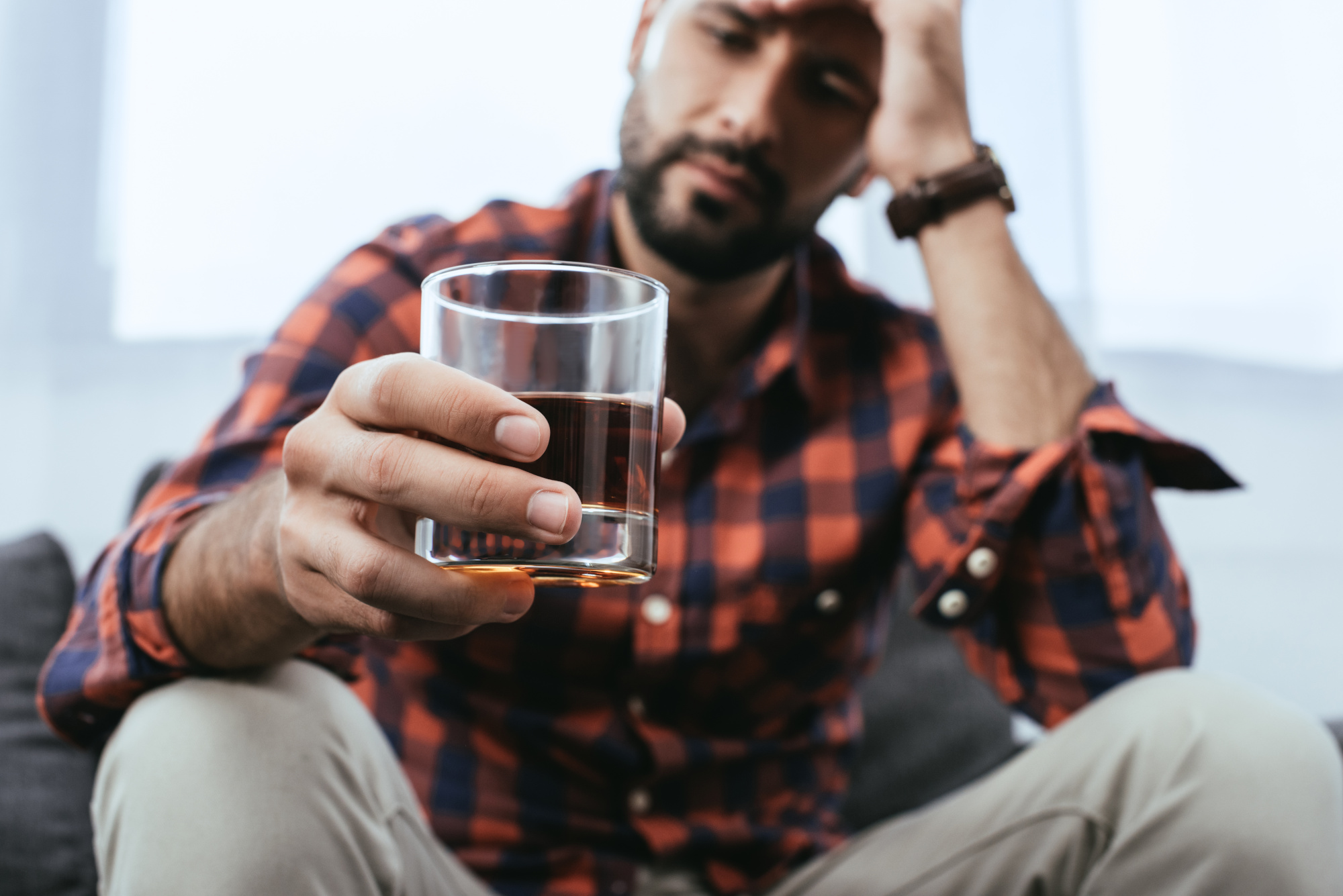A common phrase among investors goes like this: “Nothing ever goes up in a straight line.”
The road to recovery is not a long, straight, easy drive for anyone. The National Institute on Drug Abuse even reports that 40 – 60% of individuals suffering from substance abuse relapse.
Considering these numbers may shock you, but they can also provide perspective about drug and alcohol addiction. Struggles after rehab should become expected because they’re a known phenomenon.
If you or a loved one want to make it through this period, following some long-term best practices can help. Continue reading to find out how to help a recovering addict stay on the road to recovery.
Continue Therapy
One of the best ways to avoid falling back into chemical dependence is to find a therapist. The work done at rehab represents a healthy start, but it may prove useless unless a loved one continues to engage in the process.
Most counselors today use a highly effective form of therapy known as Cognitive Behavioral Therapy. Depending on the circumstances, they may include trauma-based treatments. Issues like anxiety, depression, or marital problems can find relief through these methods.
These types of therapy use decades of research and can help those that put forward an effort. Stepping out of rehab without this type of support can result in dropping off a cliff without a net to catch you.
Begin a 12-Step Program
You or a loved one may have considered or participated in parts of a 12-step program in the past. Now that rehabilitation is complete, seeking this kind of support matters greatly.
Alcoholics Anonymous is the premier example of a program proven to help after rehab. If you commit to regular meetings, you will have a network of people who understand the struggles and lend a hand.
Research has proven time and again that this can keep individuals with chemical dependency on the straight and narrow. Having a sponsor alone may give the motivation that anyone will need in life after rehabilitation.
Create a New Social Life
Falling back into the same crowd is a common way to relapse into destructive habits. Now that you or a loved one have found sobriety, it’s best to avoid temptation by others. If your old life centered around abusing substances, creating a new social circle after rehab becomes critical.
Accomplishing this task involves choosing a new hobby or finding a connection with supportive friends. Consider one or more of the following examples:
- Sign up for an intermural sports league
- Attend conventions that center on interests or hobbies
- Join a religious organization
- Enroll in classes at a community college or university
Finding a new routine that doesn’t revolve around drugs or alcohol is central to success after luxury drug rehab. This strategy can reduce your anxiety, prevent boredom, and build a supportive circle of friends.
Change Neighborhoods
Returning to a house or apartment in a familiar neighborhood might sound comforting, but it can become a liability. Driving past old haunts or places where you acquired drugs can provide unnecessary temptations. These triggers can kick a user back into bad habits as effortlessly as associating with current substance abusers.
Stepping out of a drug rehab center means walking into a new life that you want to keep free from destructive activities. If you know that you’ll find temptations where you lived previously, don’t delay moving away from an old haunt.
Volunteer
Addicts can find a new and significant meaning in their life by shifting their focus outward. Putting forward the effort to get clean involves self-reflection, but improving another’s life can often change your own forever.
Attending a 12-step program like Narcotics Anonymous promotes this type of behavior. Older or more senior members often receive encouragement to become sponsors for new members. While this type of one-on-one is crucial, stepping up can bring an intense sense of self-satisfaction.
Schedule and Attend Aftercare Appointments
Aftercare of alumni programs can become a vital tool for a former addict. While in rehab, professionals at the facility typically promote this even after graduation.
Nobody understands your struggles with chronic addiction better than those who helped you detox. When someone has seen you at your absolute worst, they have a vested interest in keeping you from going there again. You can also experience similar therapy techniques that help continue the hard work started by attending rehab.
These programs also provide a profound sense of accountability. An effective program sets expectations as part of the discharge plan and provides opportunities to stay on the right path.
Understand Your Relapse Triggers
Relapses are natural when recovering from addiction, but every effort should go toward keeping them from continuing. Part of preventing setbacks involves having an honest conversation with yourself about triggers.
Part of avoiding relapse involves avoiding the following types of factors:
- Stressful situations
- Sensory reminders of addiction
- Temptations during birthday or holiday celebrations
Part of the process here involves sitting down with a counselor and creating a plan together. Some triggers will prove more tempting than others at different times during recovery. Therefore, like your commitment to sobriety, this means committing to constant vigilance.
Continued Help on Your Road to Recovery
While the information in this article can help keep yourself or a loved one on the road to recovery, it’s only a start. Sobriety involves a lifelong commitment to these types of recovery tips, and they’re often easier said than done. Finding support through 12-step programs or counseling services provides much-needed hope during the dark periods that can follow rehab.
When you need professional help, hesitating to reach out can only extend suffering and reinforce bad habits. Contact us today through our website or call 808-746-9001 to get started.







